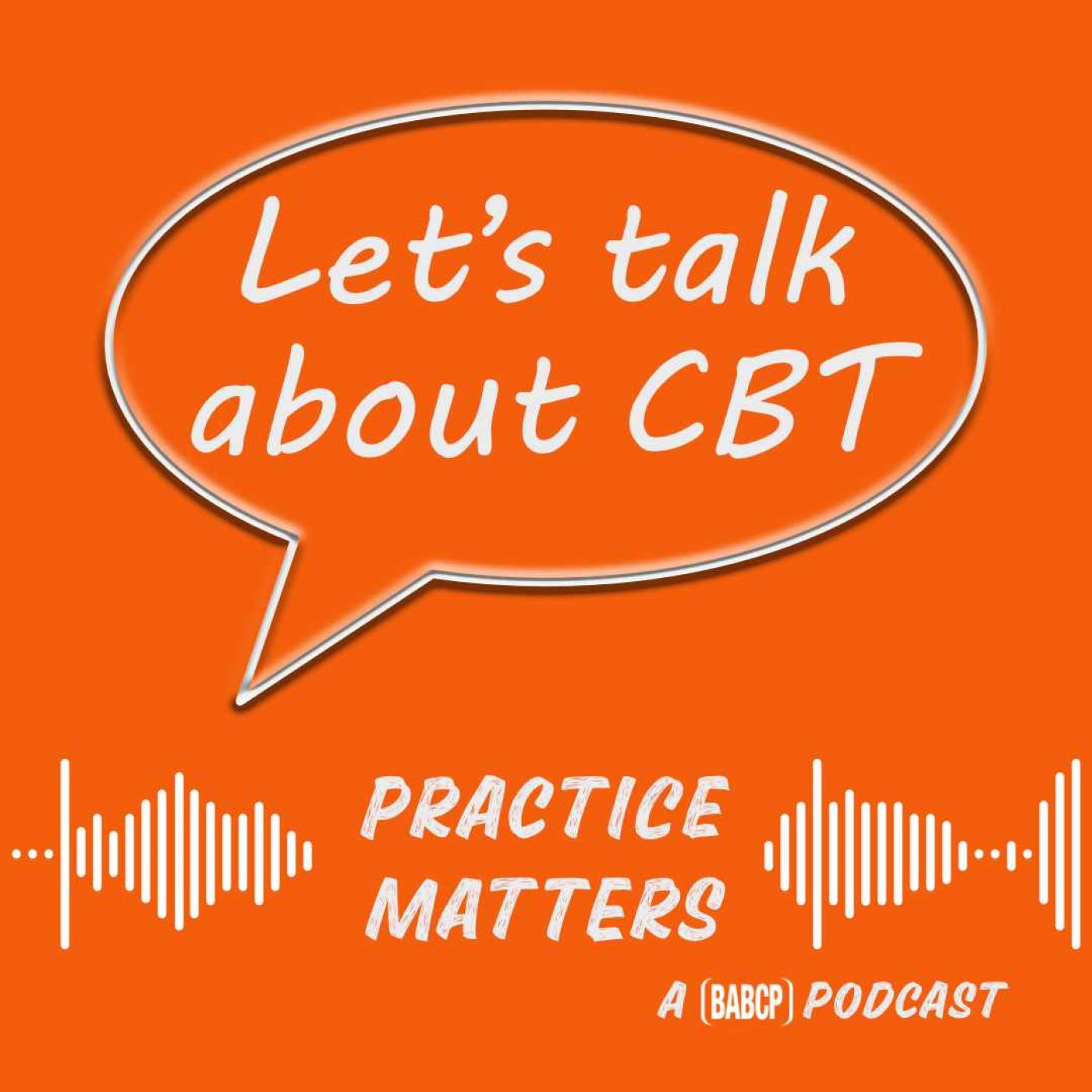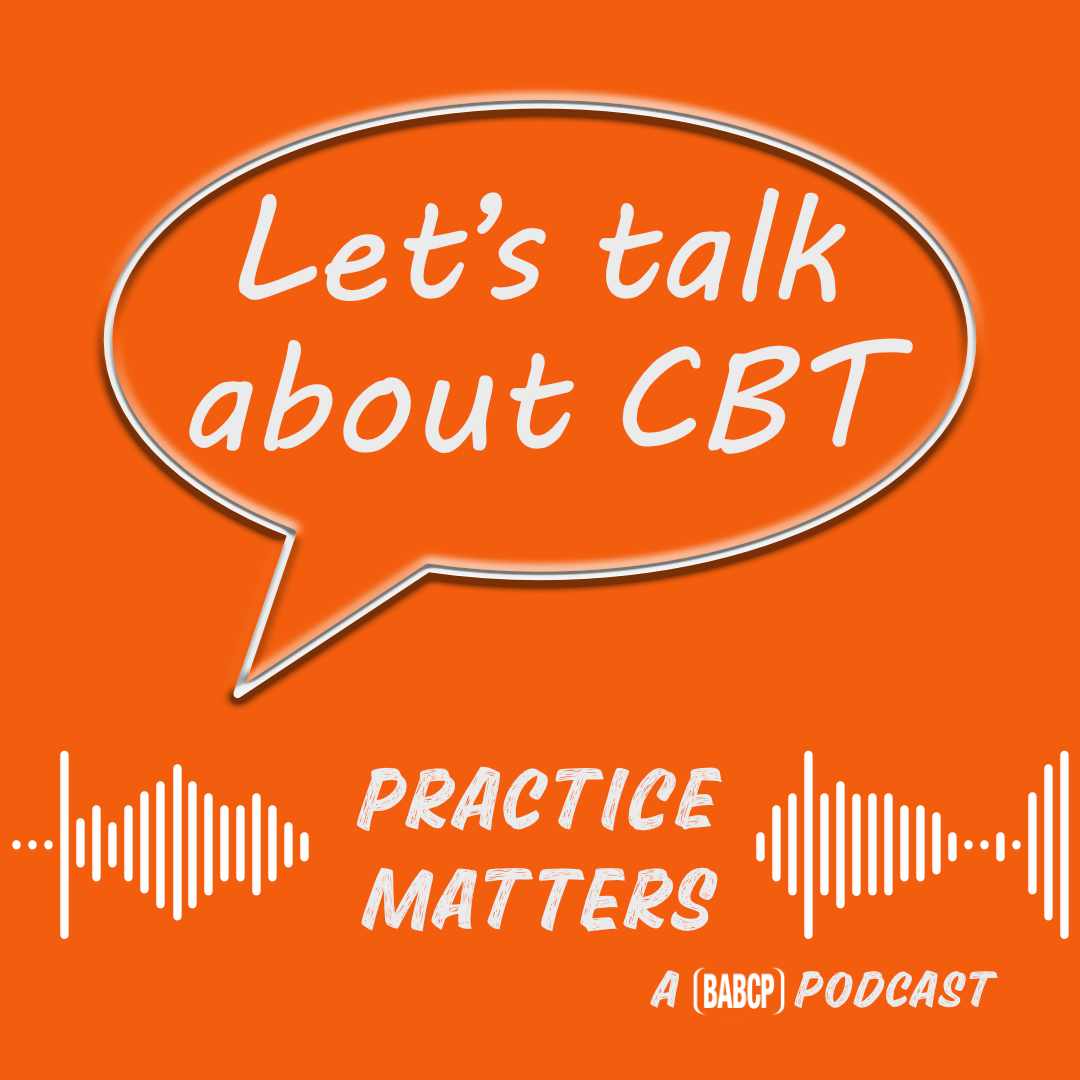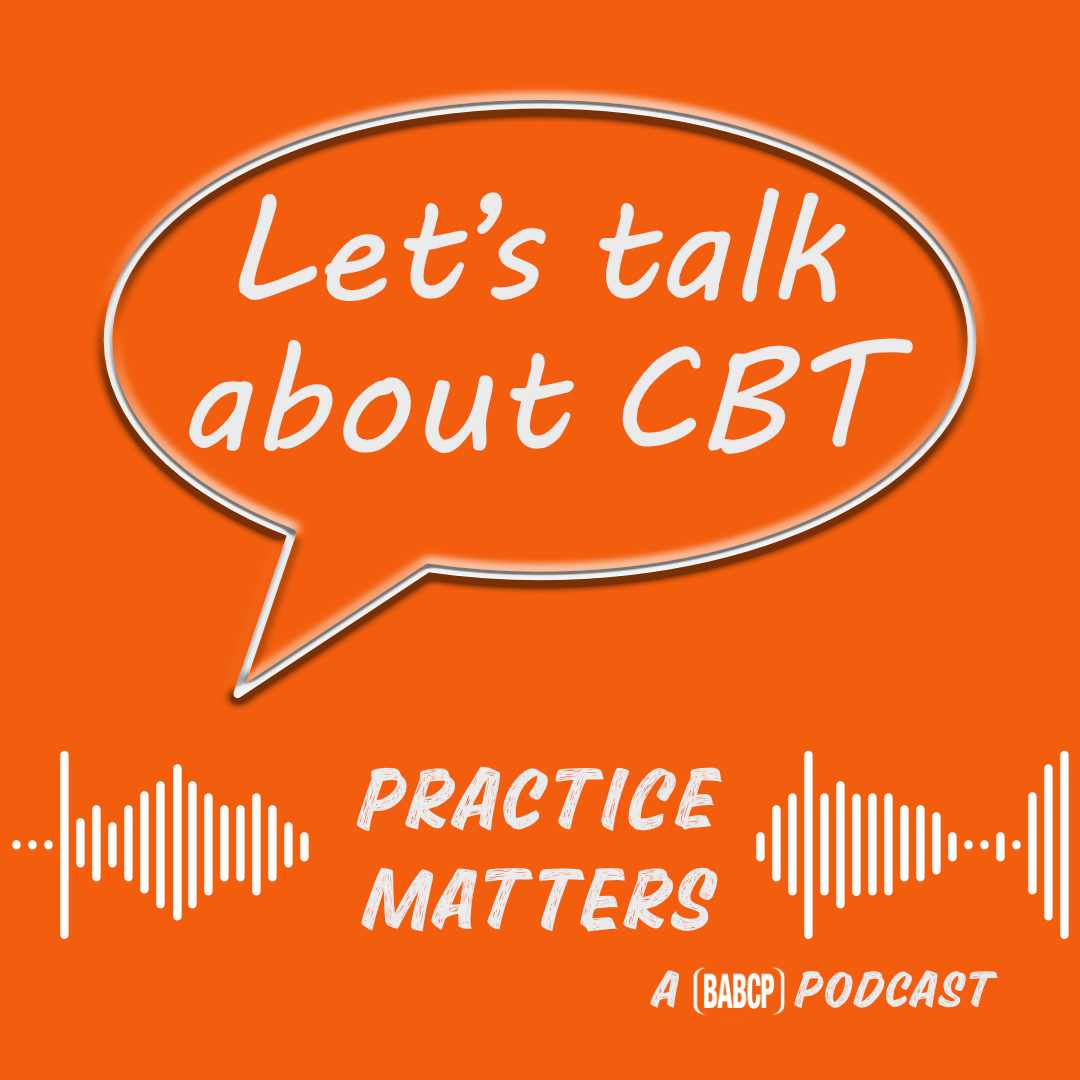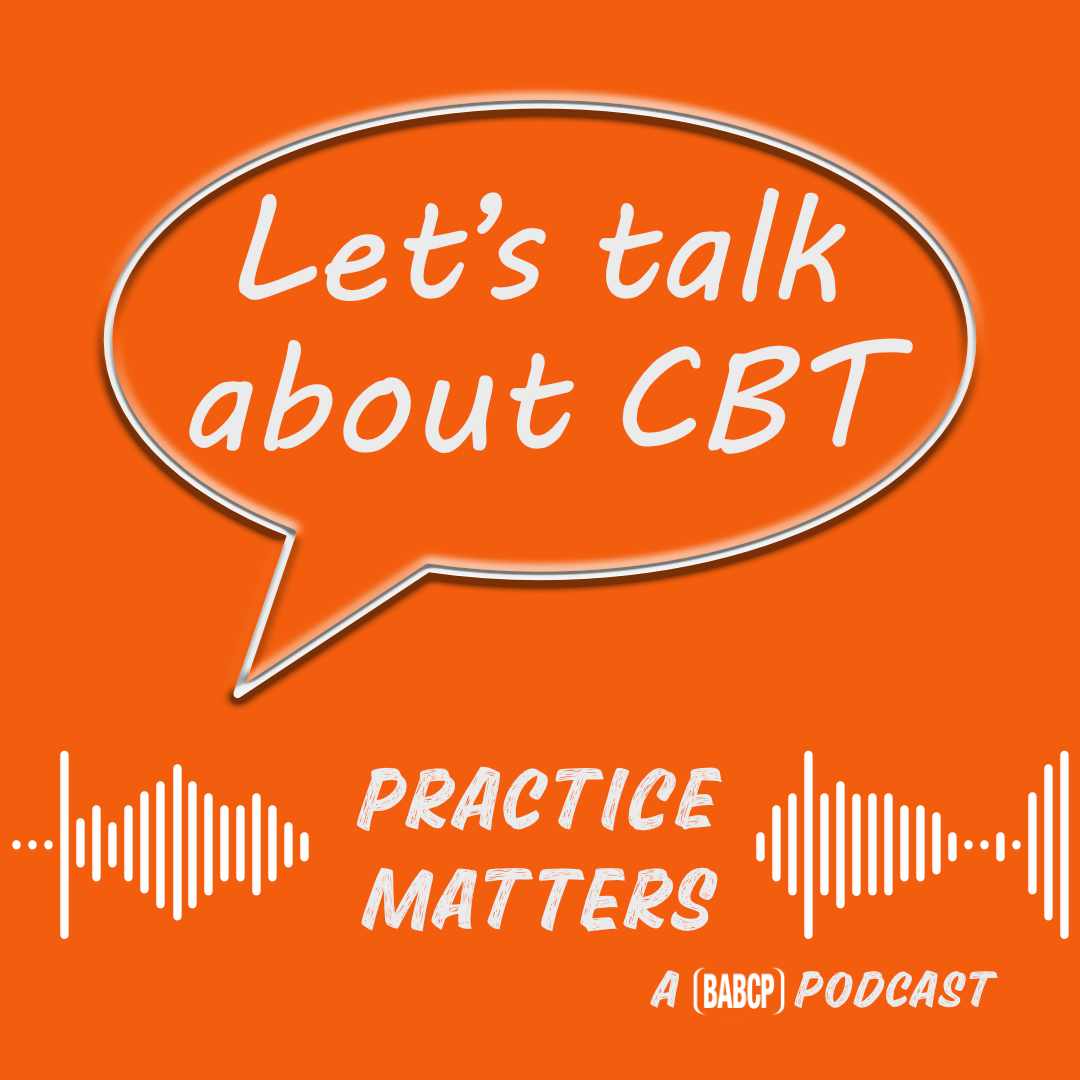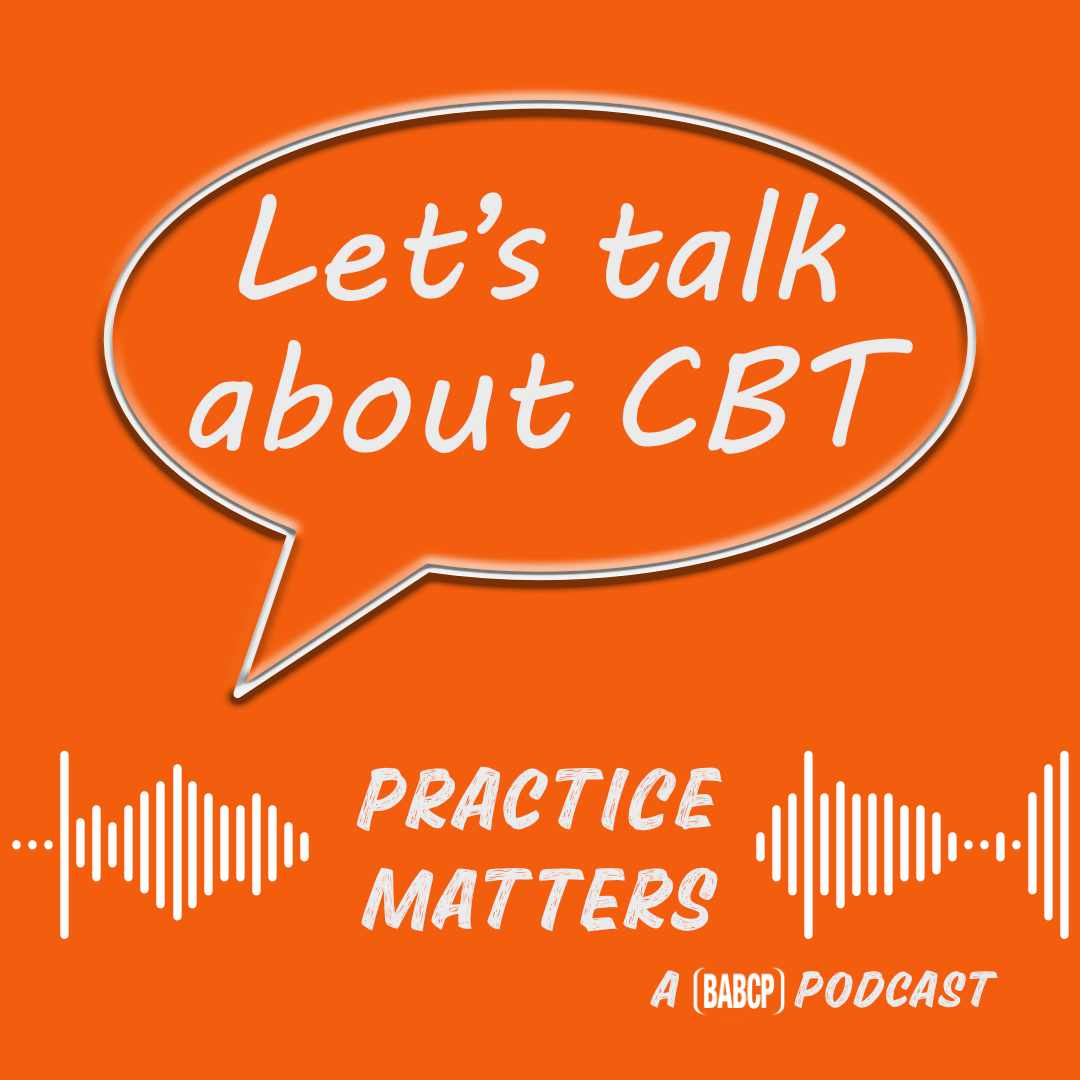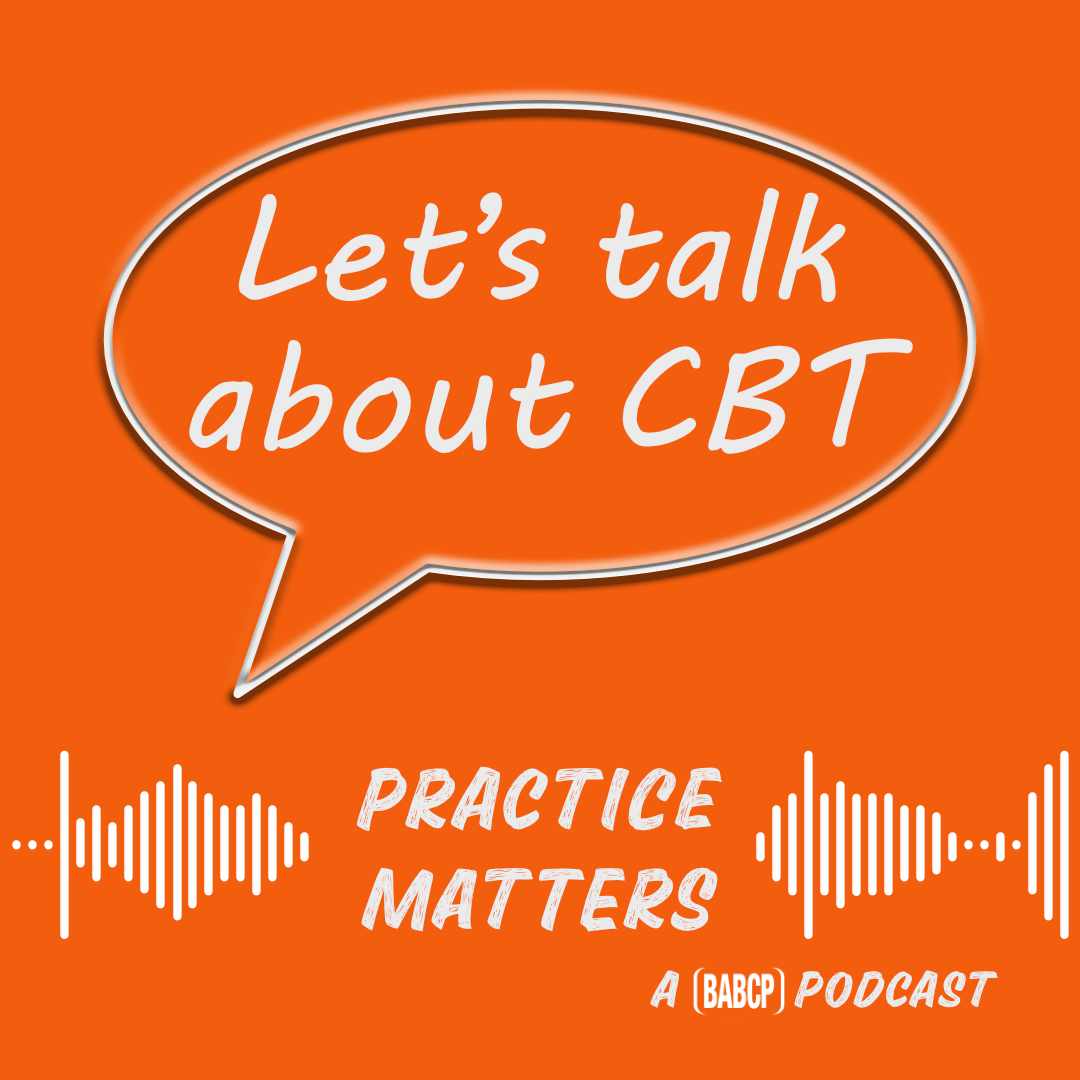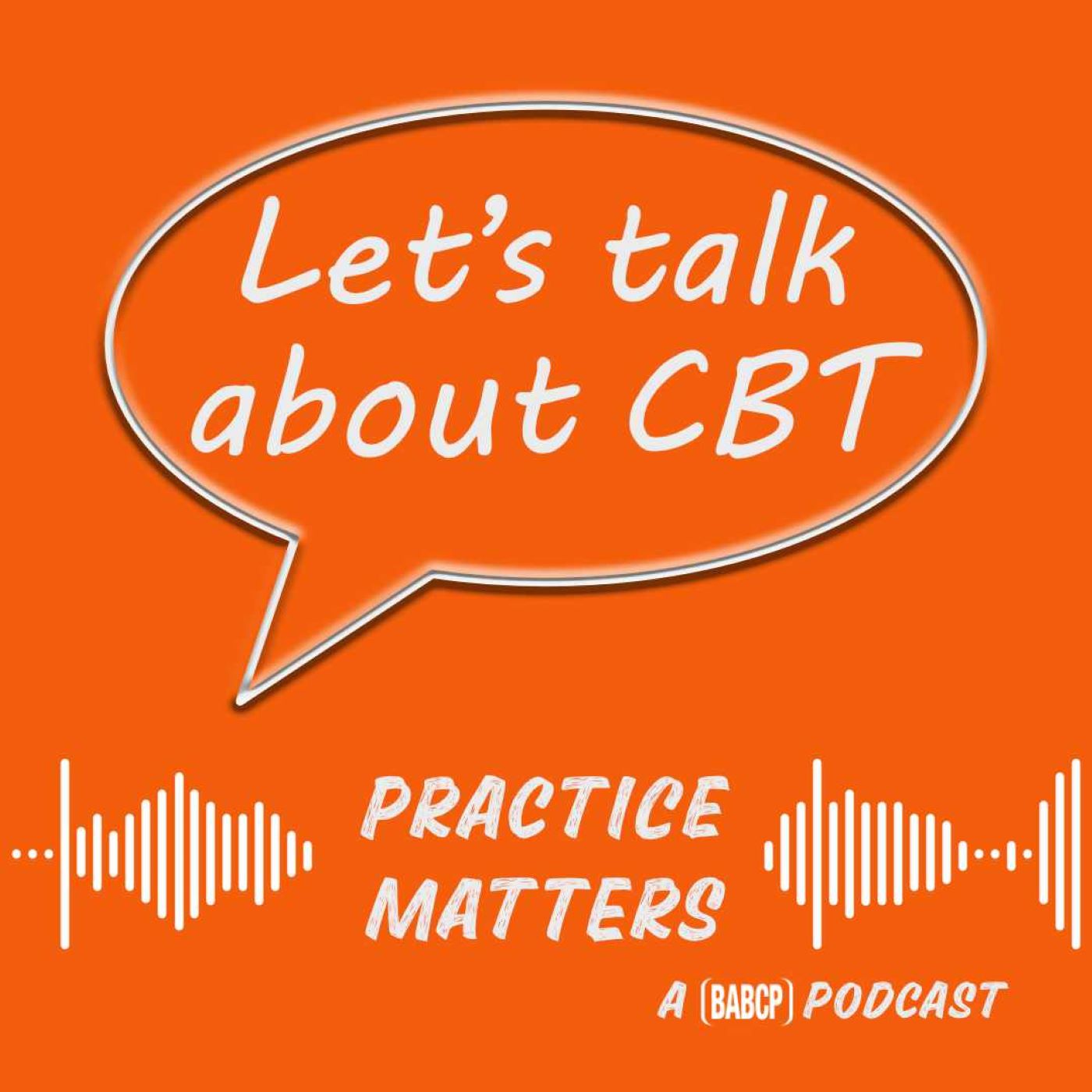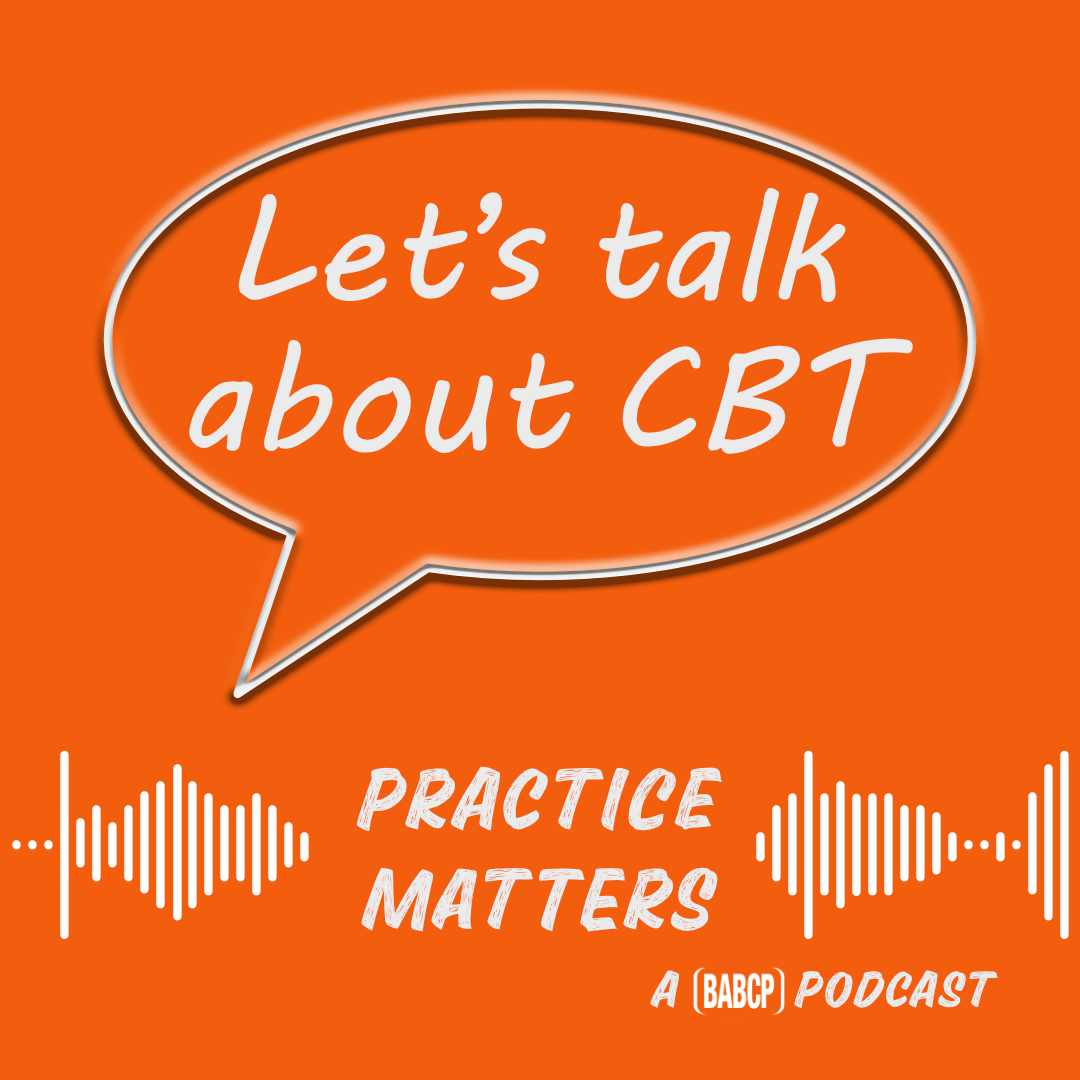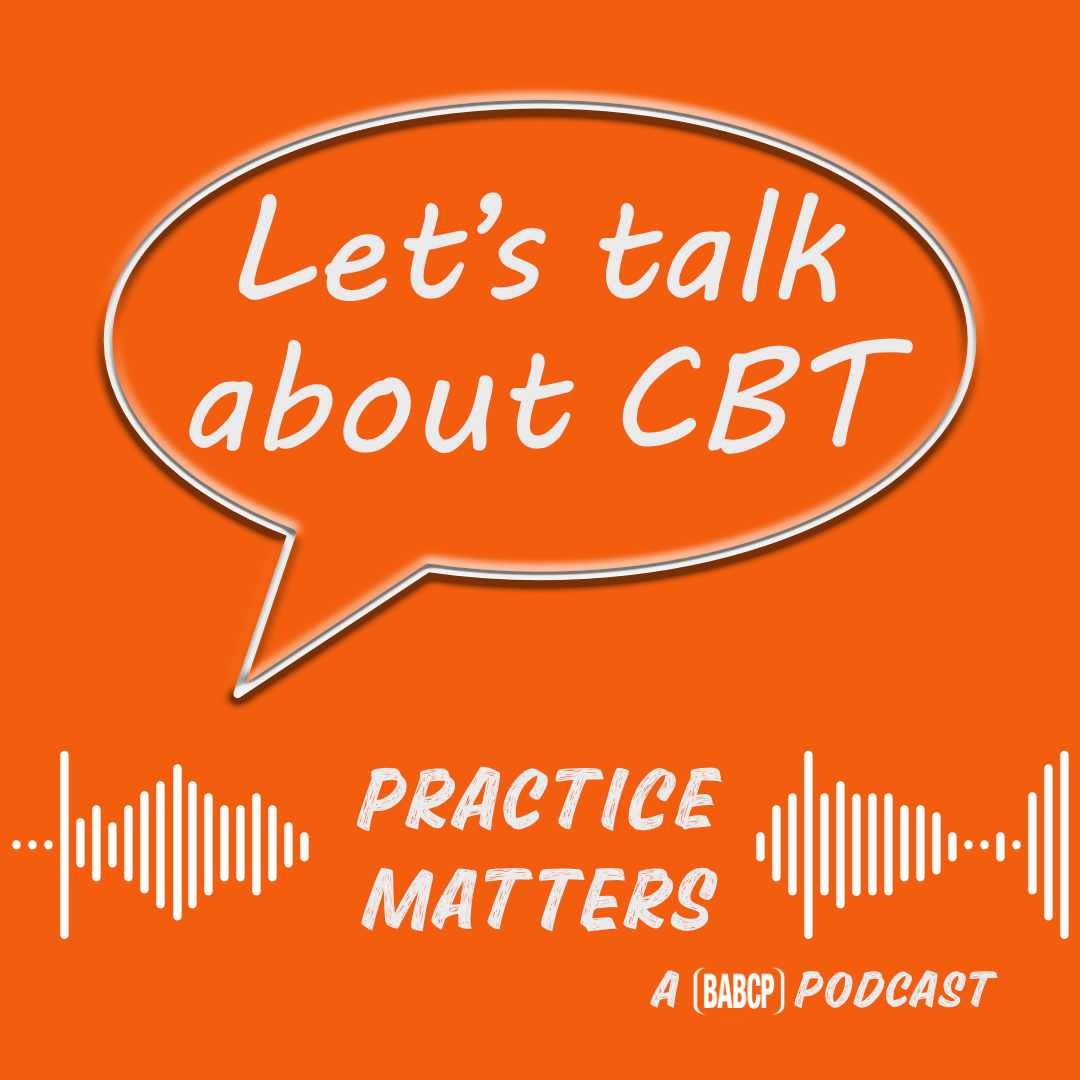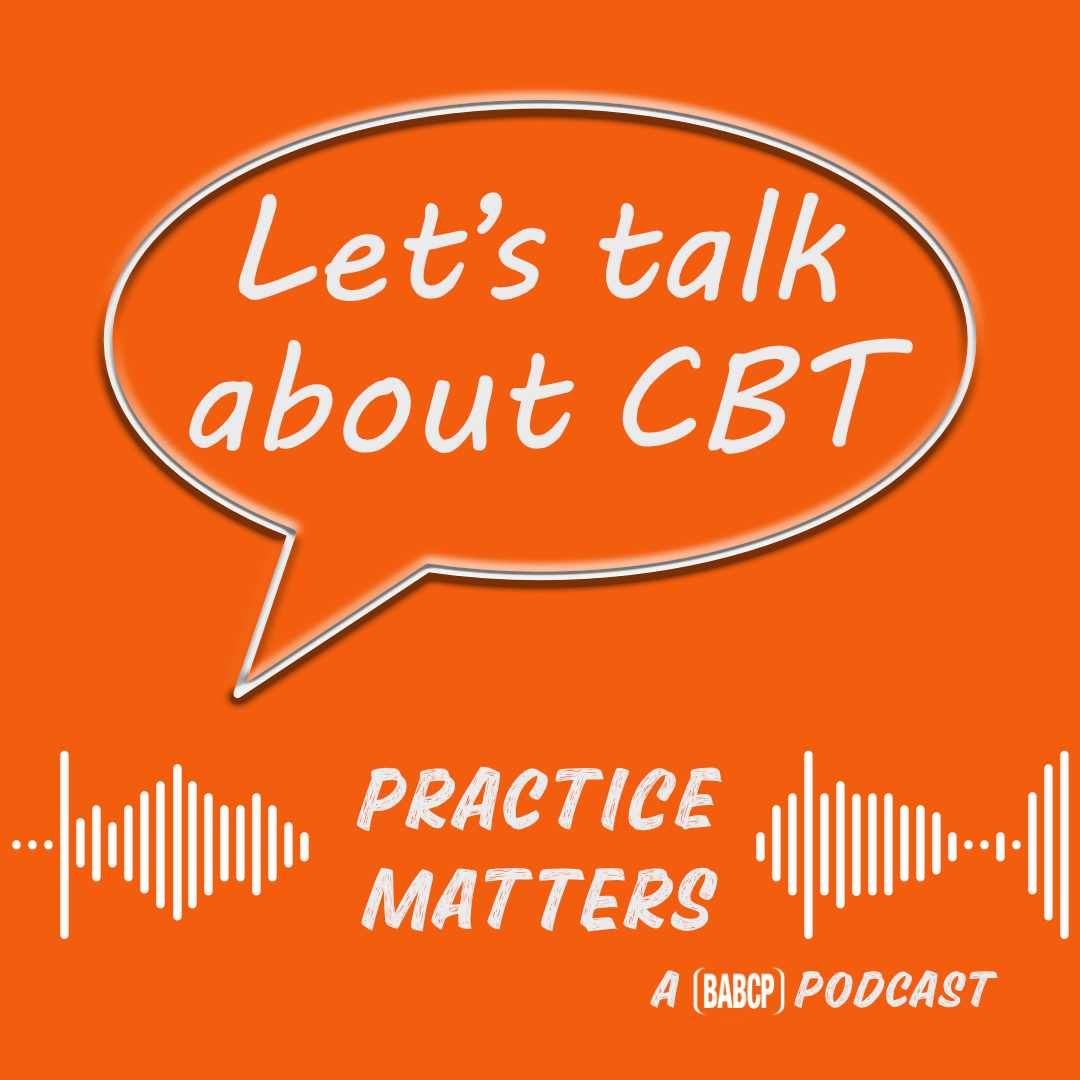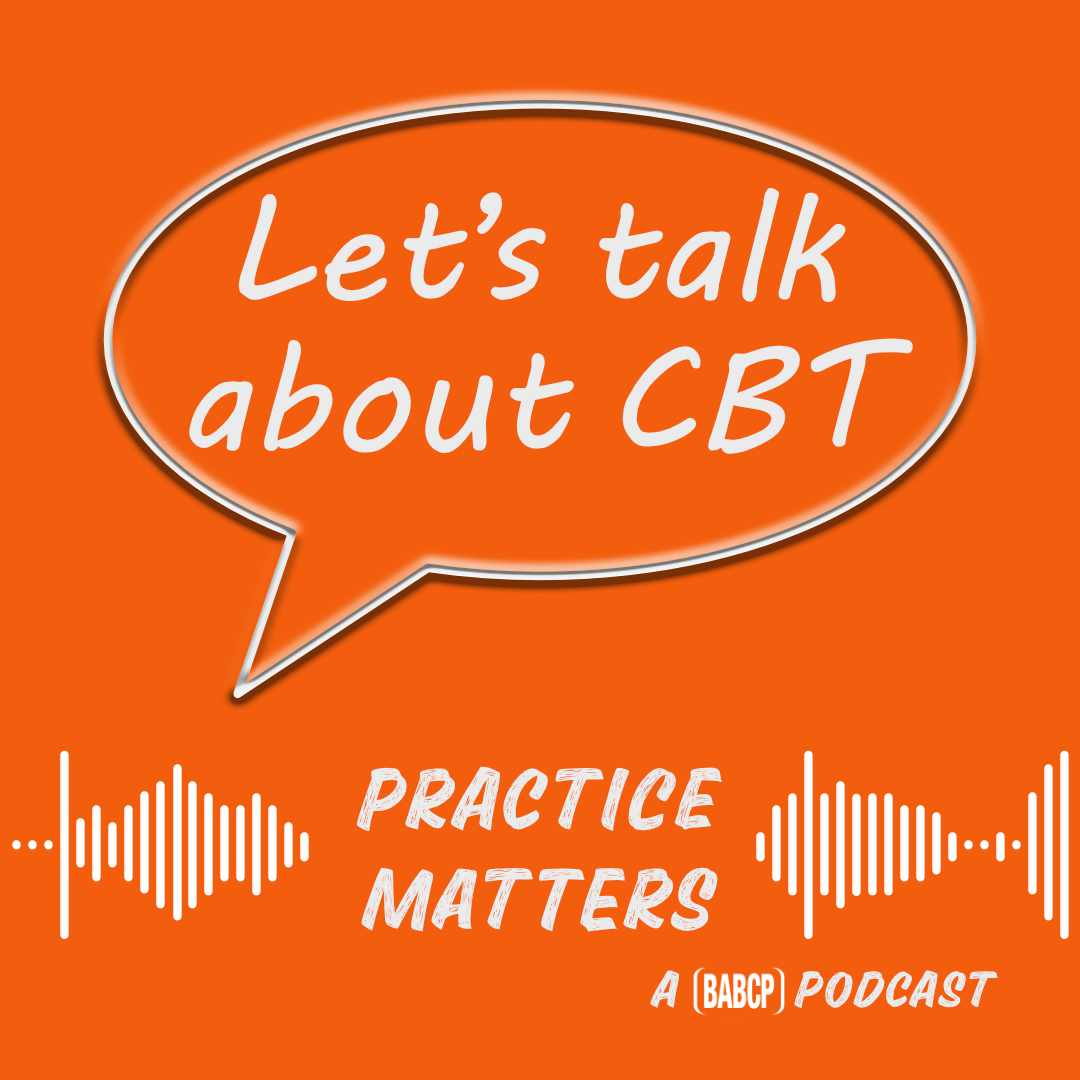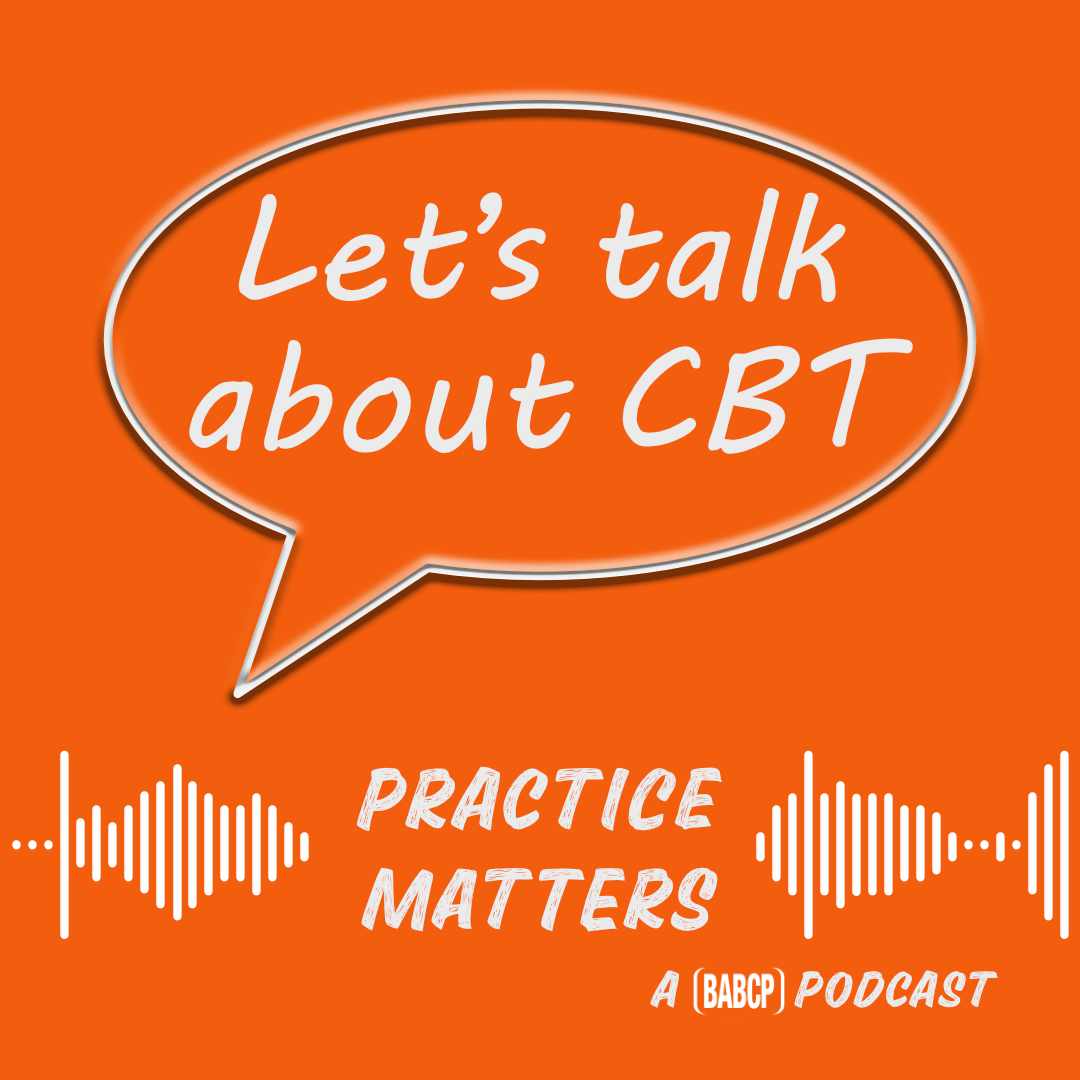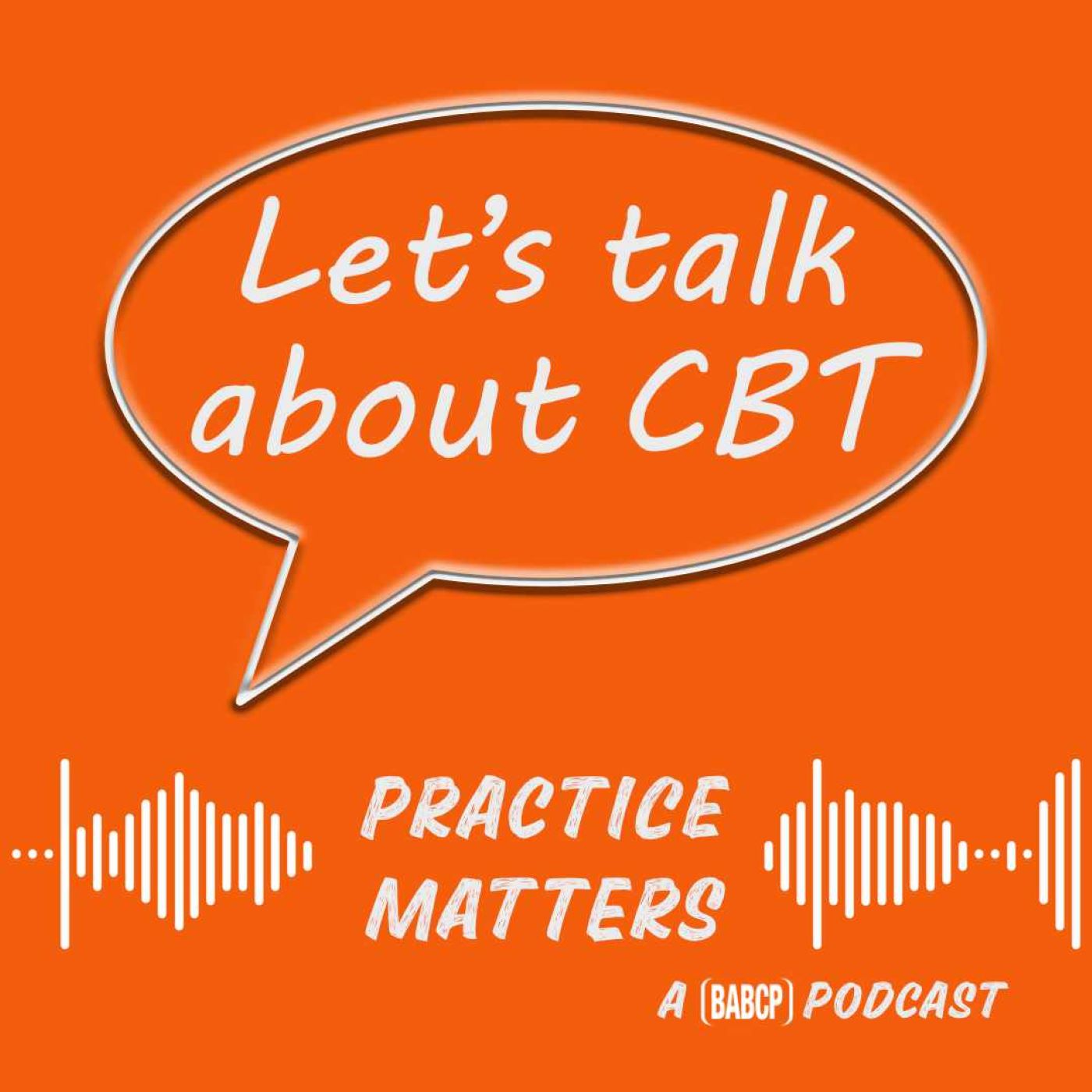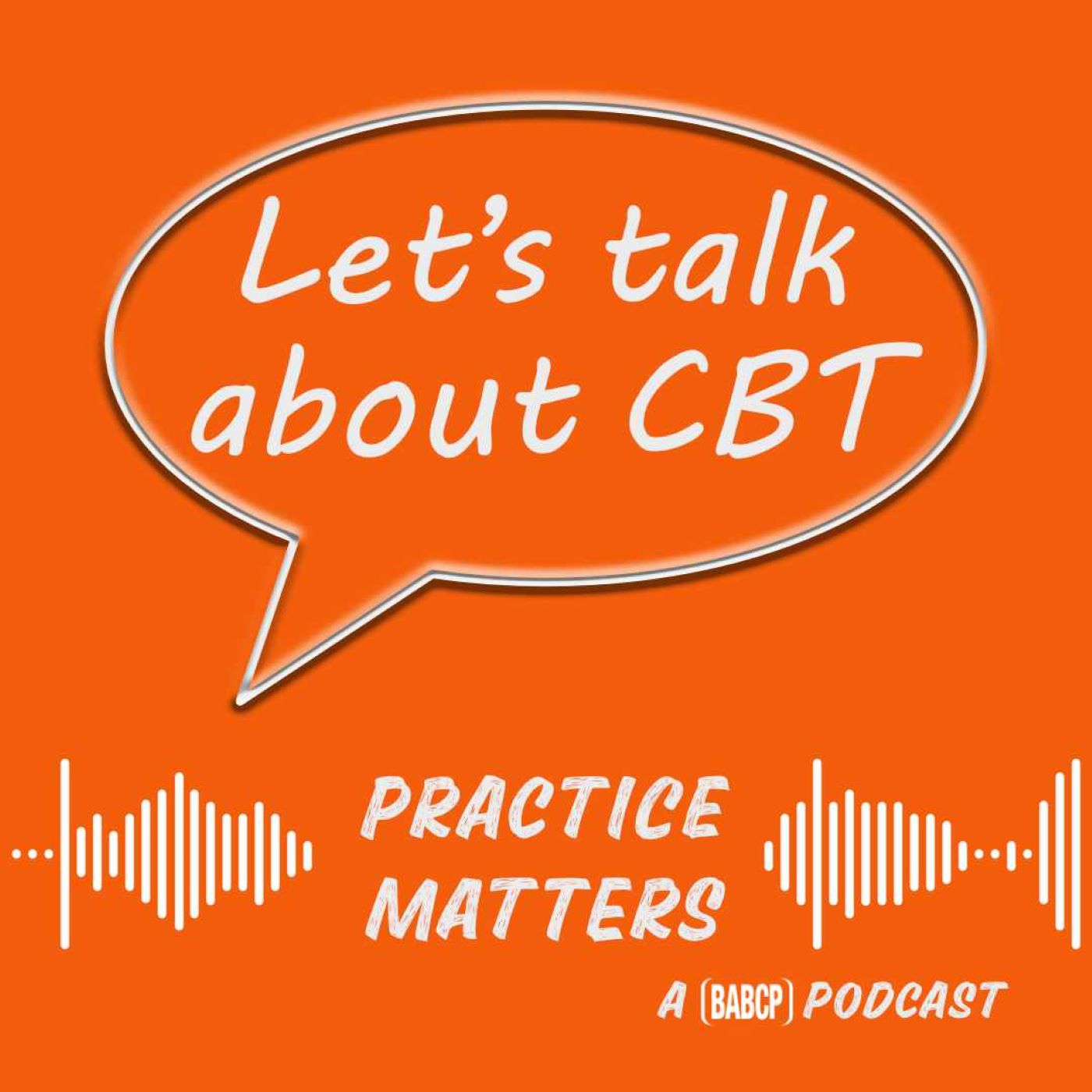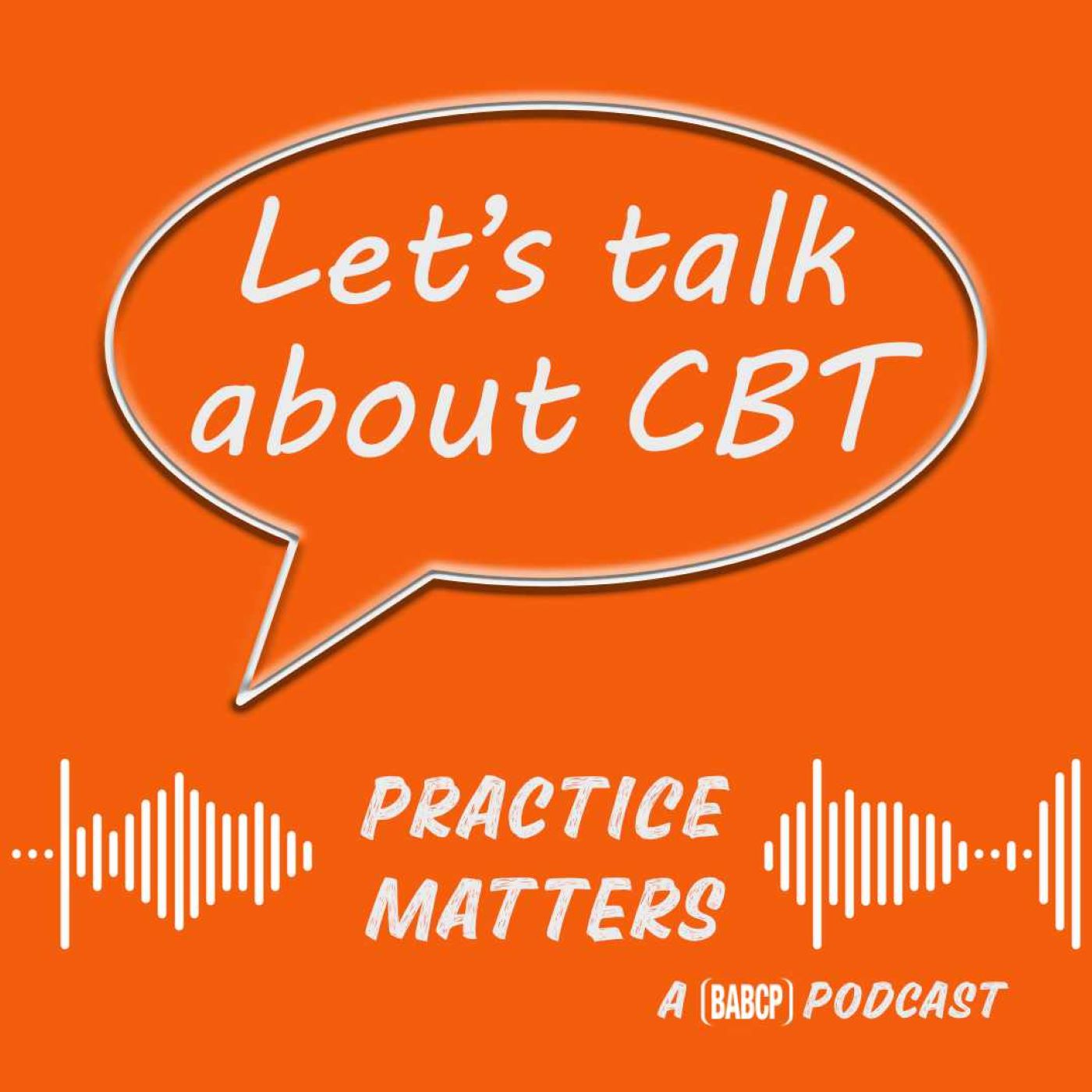“I’ve had my hands down a lot of toilets…” Prof Paul Salkovskis on why CBT therapists might find themselves doing some unusual things to help people with OCD
Description
In this episode Rachel talks with Professor Paul Salkovskis about using CBT to treat people with OCD. They discuss the Cognitive Behavioural model for OCD and how OCD develops and is maintained, debunk some common myths about OCD and the effectiveness of CBT in treating OCD. Paul and Rachel also chat about some of the more unusual techniques they have used when helping patients with OCD…
Whether you’re a seasoned therapist or new to the field, this episode offers a wealth of knowledge about OCD and its treatment. Paul’s decades of experience and his ability to explain complex concepts in a relatable way make this a must-listen for anyone interested in understanding OCD and improving their therapeutic practice.
If you liked this episode and want to hear more, please do subscribe wherever you get your podcasts. You can follow us at @BABCPpodcasts on X or email us at podcasts@babcp.com.
Useful links:
Paul has published numerous papers on OCD and hoarding (amongst other things) all of which can be found listed here: https://bit.ly/4dIpBqi
Books:
Bream, V., Challacombe, F., & Salkovskis, P. (2011). Break Free from OCD: Overcoming Obsessive Compulsive Disorder with CBT. London: Penguin.
Bream, V., Challacombe, F., Palmer, A., & Salkovskis, P. (2017). Cognitive Behaviour Therapy for Obsessive-compulsive Disorder. Oxford: Oxford University Press.
Articles:
Lomax, C. L., Oldfield, V. B., & Salkovskis, P. M. (2009). Clinical and treatment comparisons between adults with early- and late-onset obsessive-compulsive disorder. Behaviour research and therapy, 47(2), 99–104. https://doi.org/10.1016/j.brat.2008.10.015
Rhéaume, J., Freeston, M., Léger, E., & Ladouceur, R. (1998). Bad luck: an underestimated factor in the development of obsessive-compulsive disorder. Clinical Psychology & Psychotherapy, 5(1), 1-12. doi:10.1002/(SICI)1099-0879(199803)5:1<1::AID-CPP145>3.0.CO;2-J
Credits:
Music is Autmn Coffee by Bosnow from Uppbeat
Music from #Uppbeat (free for Creators!): https://uppbeat.io/t/bosnow/autumn-coffee
License code: 3F32NRBYH67P5MIF
This podcast was edited by Steph Curnow
Transcript:
Rachel: Welcome to Let's Talk About CBT Practice Matters, the BABCP podcast for therapists using Cognitive Behavioural Therapy with me, Rachel Handley. Each episode, we talk to an expert in CBT who share insights that will help you understand and apply CBT better to help your patients.
Today we're talking about Obsessive Compulsive Disorder, or OCD, and we're delighted to be joined by world leading expert in the area, Professor Paul Salkovskis. His cognitive behavioural model and treatment for OCD is probably the most widely taught and applied in clinical practice. He's an expert in CBT for anxiety disorders and has a huge impact on developing interventions and improving therapy outcomes, not just in OCD, but also in panic, agoraphobia and health anxiety.
Without him, we might not have the formalised concept of safety seeking behaviours or be nearly so unconcerned about the bizarre and intrusive thoughts that we all have on a frequent basis. All of which means that Paul is more likely to be found with his hand down a toilet or licking his shoe than washing his hands.
So I'm really delighted to be welcoming you remotely, Paul, to this episode of Practice Matters to talk about OCD.
Welcome.
So clearly, Paul, you've got a really wide range of clinical and academic interests, other than a predilection for the taste of the sole of your shoe. Is there a reason you got particularly interested in OCD professionally and personally?
Paul: By the way, the sole of my shoe is salty during the winter, but not during the summer. I can't tell you why.
Why did I get interested? Well, well, I mean there are two intersecting reasons. One of which is that when I was training, I was trained with something called David Clark, you've probably heard of him and we had a mentor who's called Jack Rachman, who was professor extraordinaire, in just about everything, but particularly OCD.
So that was part one. So Jack inspired me, and I've kind of followed his mould, or been in his mould for a very long time. And then the other thing is, having met a lot of people with OCD, just the fact that they were the most fabulously nice people. And I don't really have any OCD that I'm aware of anyway, but I really like and identify with people with OCD because they're so nice and that probably links to one of the reasons they, of course, have OCD. I think it is possible to be too nice.
Rachel: So something about these figures in your career, which you've actually become for many people throughout your career. I know you've inspired loads of people to, to follow in your footsteps and do this kind of research, but that just real connection with the patients, with the folk that are struggling with these and that human connection has inspired you. So, to get us started, I have some true or false questions.
First of all, true or false, everyone has a little bit of OCD.
Paul: That's true and false. Because the kind of basis of OCD, intrusive images, thoughts, doubts, and so on, is there in everyone but not everybody suffers from OCD. So, so it kind of starts with something we all have.
Rachel: Brilliant. Secondly then, OCD is simply about being a little too focused on cleanliness or organisation.
Paul: 100% false.
Rachel: The brains of people with OCD are different to those with normal brains.
Paul: Brain is the organ of the mind. Therefore, in very small ways, different. But not in a way that you can detect in any kind of biological test or scanner or whatever. So, so they are, they work in the same way, but the workings can be different.
Rachel: Okay, excellent. OCD is untreatable by psychological interventions?
Paul: You're joking, right? Okay, no you're not. Okay, no, okay. So, so I think that I could reasonably say that's 100 percent false.
Rachel: Just your life's work. In order to treat OCD, you need to start with the root causes in a person's childhood. Otherwise, it will just come back in another way.
Paul: Yeah, the old symptom substitution myth. Completely false, but it's not that childhood is irrelevant. And we'll probably come back to that.
Rachel: OCD is harder to treat than other disorders for which CBT is a recommended intervention.
Paul: It's false, but it's also true again. And that's because a lot of people are not properly trained in how to treat it. So it's harder if you don't have the tools but it shouldn't be. It really shouldn't be.
Rachel: Okay. So starting at the basics then, what is OCD and how big a problem is it for people living in the UK and beyond?
Paul: Lots of discussions about how much it is. Everybody who specialises in problems says, My problem is more common than everybody else's problem. But that's not true. It's probably sitting about 1 percent lifetime prevalence. which is lower than a lot of places will tell you.
How big a problem it is? It's as big a problem as any other severe mental health problem. There are people who have mild OCD, and people who have severe OCD, and people with mild psychosis, and severe psychosis, and so on. So, what is it, its obsessions which can be intrusive thoughts, images, impulses, or doubts, and compulsions, which are related to it to those in terms of the meaning, which should take you to things like cultural issues and clearly there are cross cultural differences in the way OCD, kind of sets itself up.
But then there's the disorder and that's the livi

